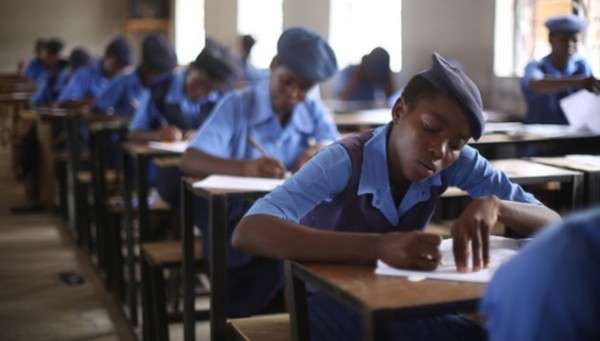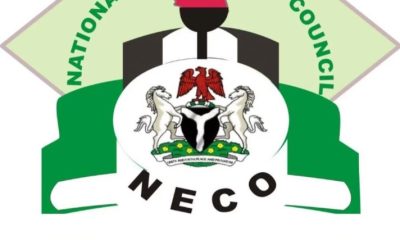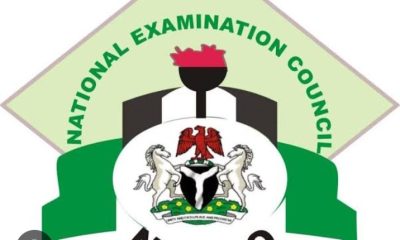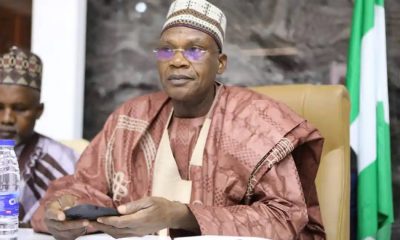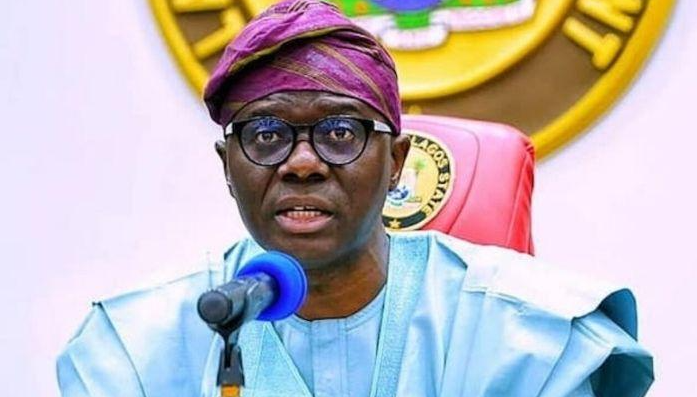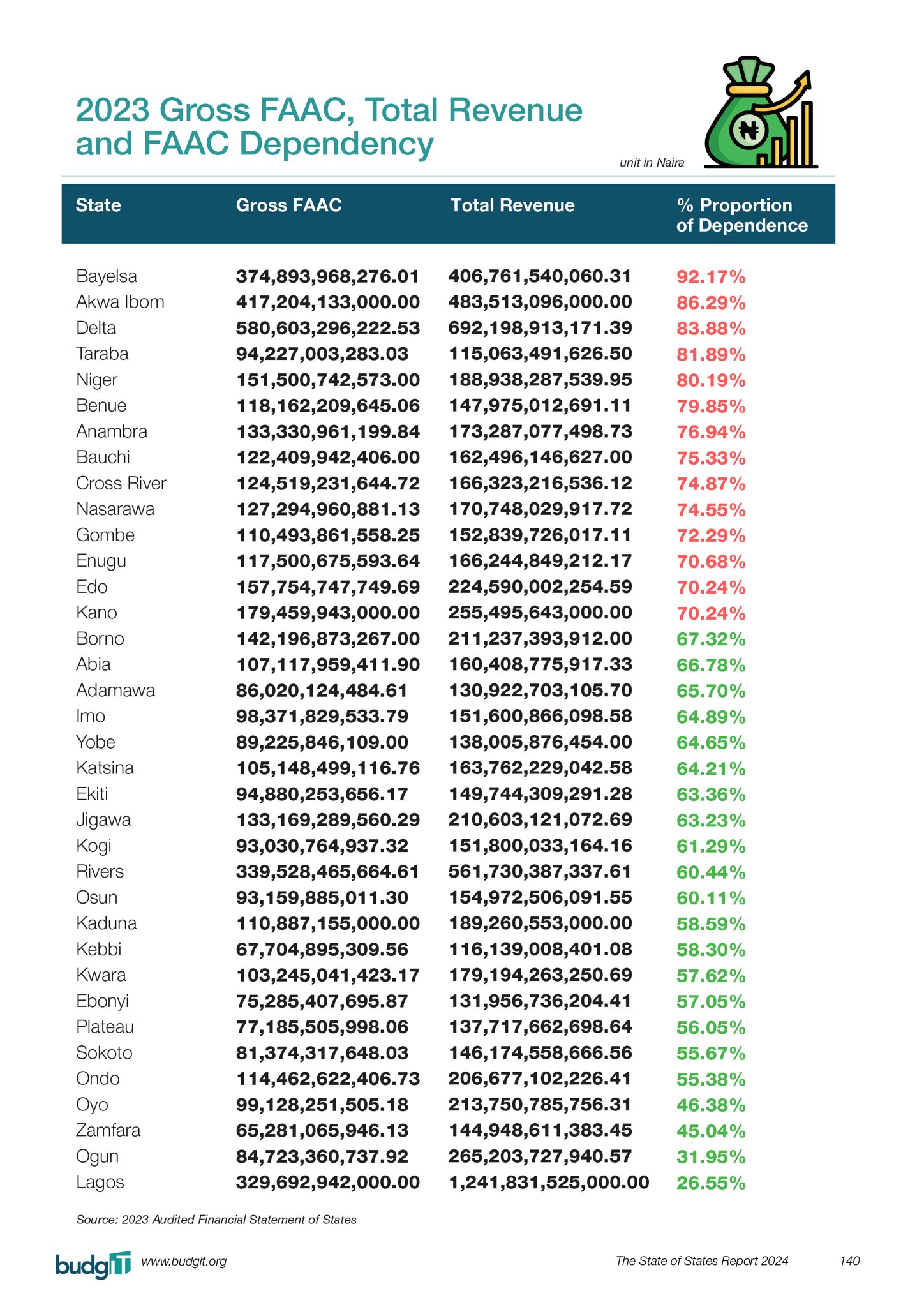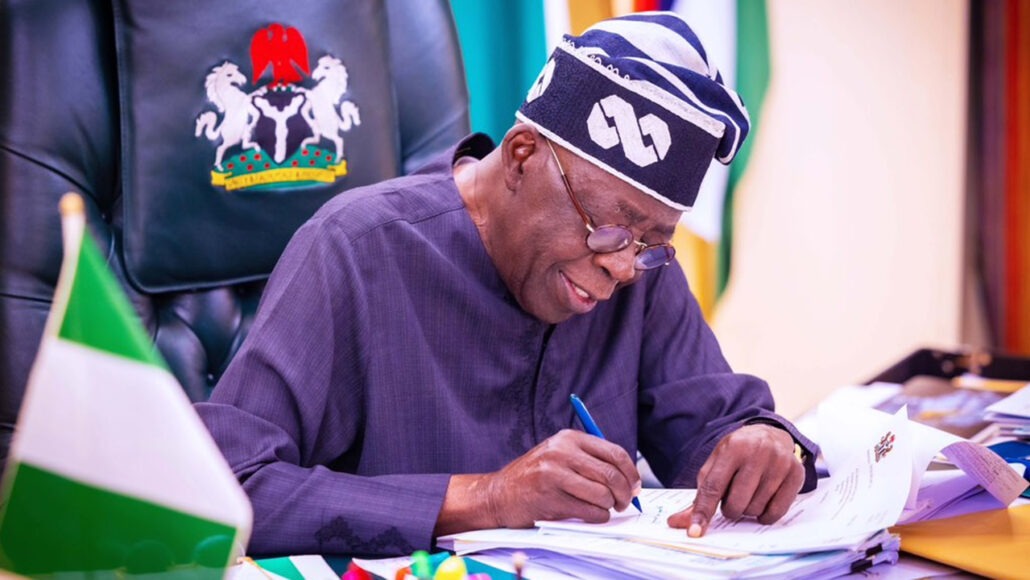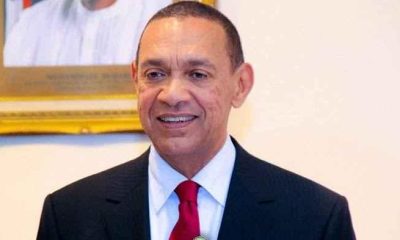The Economic and Financial Crimes Commission (EFCC) has urged a Federal High Court in Abuja not to grant the reliefs sought by Gov. Babajide Sanwo-Olu of Lagos State in his fundamental right enforcement suit, describing it as speculative.
The EFCC, in its counter affidavit in opposition to Sanwo-Olu’s originating summon, told Justice Joyce Abdulmalik that the governor’s action in the instant suit is a mere conjecture.
The News Agency of Nigeria (NAN) reports that Sanwo-Olu, through his counsel, Darlington Ozurumba, had sued the anti-graft agency as the sole defendant over an alleged threat to arrest, detain and prosecute him after his tenure as governor.
In the originating summons, marked: FHC/ABJ/CS/773/2024 dated and filed on June 6, the governor raised seven questions and sought 11 reliefs.
Sanwo-Olu sought a declaration that under and by virtue of the provisions of Section 37 of the 1999 Constitution, “the plaintiff, as a citizen of Nigeria, is entitled to right to private and family life as a minimum guarantee encapsulated under the Constitution of the Republic of Nigeria, 1999 before, during and after the occupation of a public office created by the Constitution.”
He also wants the court to declare that upon community reading of the provisions of Sections 35(1) & (4) and 41(1) of the constitution, the threat of his investigation, arrest and detention by the EFCC during his tenure of office as governor is illegal.
The governor prayed the court to declare that the incessant harassment, threat of arrest and detention, against him upon the EFCC’s instigation by his political adversaries based on false and politically motivated allegations of corruption is a misuse of executive powers and abuse of public office.
He, therefore, sought an order restraining the EFCC from harassing, intimidating, arresting, detaining, interrogating or prosecuting him in connection with his tenure as the governor of Lagos State, among others.
However, the anti-corruption agency, in its counter affidavit dated Oct. 30 but filed Oct. 31 by its lawyer, Hadiza Afegbua, said contrary to the governor’s claims, the EFCC neither threatened, invited or took any step at all to encroach on his right to freedom of movement nor violated his right to private and family life and personal liberty.
The EFCC’s objection was sighted on Monday in Abuja.
In the application, Ufuoma Ezire, a Superintendent and Litigation Secretary in the Legal and Prosecution Department of EFCC, who deposed to the counter affidavit, averred that he was conversant with the facts of the case.
According to him, I have the authority, consent and permission of the defendant to depose to this counter affidavit.
“That I have read and understood the plaintiff’s affidavit in support of the originating summons and I hereby state that the depositions in Paragraphs 4, 5, 6, 7 and even 8 are not true and are calculated attempts to mislead the honourable court.
“That the depositions in paragraph 4 sub 4(iv), 4(v), 4(vi), 4(vii), 4(viii), 4(ix), 4(x), 4(xi), 4(xii), 4(xiv), 4(xvi), 4(vii), 4(xviii), 4(xix), 4(xx), 4(xxi),4(xxii), 4(xxiv) and 4(xxv) of the plaintiff’s affidavit are unfounded, untrue and unknown to the defendant and are hereby denied,” Ezire said.
The official said the commission was not investigating the governor and had never invited him or threatened to arrest any member of his staff, domestic or otherwise.
“That I know as a fact that the defendant invites members of the public for interview, interrogation or any engagement vide a written invitation, phone calls or text messages by any of its officers who shall introduce himself or herself by name, rank, designation, and Section to enable the invitee trace the officer easily.
“That no officer of the defendant could have invited the plaintiff or his aides without furnishing them with such detailed particulars of himself.
“That contrary to the depositions in paragraphs 5 of the plaintiff affidavit, the defendant did not intimidate, harass or threaten the plaintiff or subject him to any trauma,” he said.
He said the agency was unaware of any threat to arrest Sanwo-Olu’s “aides, accusation of maladministration or diversion of Lagos State’s funds nor is it aware of any likelihood of a breach of the applicant’s right to liberty or right to own movable and immovable properties in this case.
“That the action of the plaintiff, in this case, is mere conjecture and speculations as there is no petition or any intel gathered before the defendant to warrant the men and officers of same to invite, threaten to
arrest the plaintiff at the moment.
“That the entirety of the dispositions contained in the plaintiffs’ affidavit is not true, as the application is misconceived and brought in bad faith to mislead this honourable court.
“That the defendant is not in a position to deny or confirm the depositions in paragraphs 4 and 4(iii) as the defendant is not a party to the conversation between the deponent and the plaintiff.
“That it will be in the interest of justice to refuse the reliefs sought by the plaintiff,” Ezire said.
NAN had earlier reported that when the matter was called for mention on Oct. 29, Ozurumba, who appeared for the governor, informed the court that he had withdrawn the earlier originating summons filed and replaced it with a new one.
The lawyer said the anti-graft agency had been duly served with the latest court documents.
However, EFCC’s counsel, Hadiza Afegbua, said she was yet to see the latest documents.
Besides, the proof of service of the processes was not in the court file and Justice Abdulmalik had adjourned the matter until Nov. 26 for further mention.
NAN, however, gathered that though hearing notices had been served on the parties ahead of the Nov. 26 proceeding, the suit may be withdrawn by Ozurumba in the next adjourned date.
